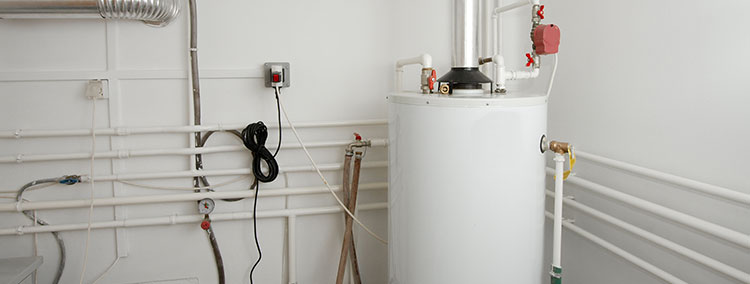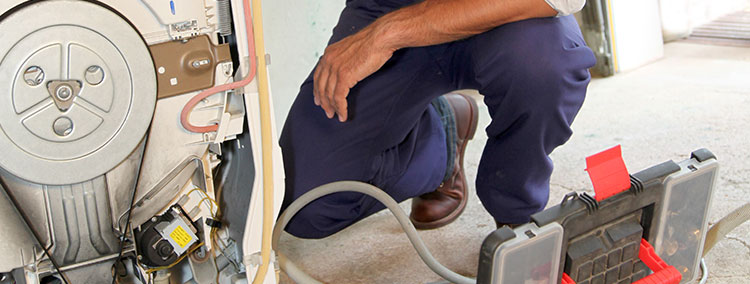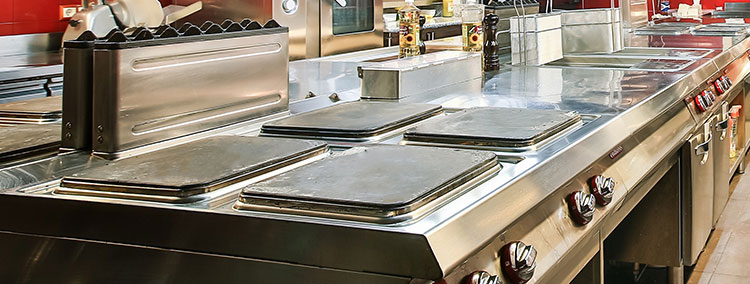Washing machines could not be simpler to use. Simply load your soiled clothing, add detergent, and start the machine. After a few hours, you’ll have clean and fresh laundry ready for clothes dryers.
While this is the case, things become more complicated if something prevents your washing machine from spinning. You end up with a sopping wet ball of clothes that you must either run through another separate spin cycle (after adjusting the load) or, if that fails, wring out and dry yourself, which is time-consuming.
A failed spin cycle can be inconvenient, and even the best washing machines can be affected. If this is a recurring issue for you, appliance repair professionals report that it can be brought about by several reasons causing your washing machine not to spin. Here are some of these reasons and tips on how to solve the problem once and for all.
Overloading the machine
It’s easy to get into the habit of cramming everything into your washing machine. After all, the fewer cycles you run, the more energy and water you save.
While this is correct, overloading your washing machine may cause the load to wash less efficiently because the garments will not agitate as quickly, and the detergent will not penetrate or apply itself evenly.
The solution is simple: don’t overload your washing machine. You can tell whether you’re doing it by how much you shove and stuff things in. Only fill it to make the best use of the available area and to ensure a complete and regulated spin cycle.
When loading the machine, remember that some cycles, such as the rapid wash setting, also have a limited capacity, so keep this in mind at all times.
Unevenly loading the machine.
Depending on what you’re washing, you might not fill the machine but still create an uneven load. This is frequent when washing heavy objects such as pillows or tiny duvets.
Since these are saturated and weighed down during the wash cycle, any gaps in the drum become more noticeable.
The weight is thrown across the drum while the machine tries to gain speed to spin. In such cases, the sensors will normally kick in and prevent it from spinning for the abovementioned reasons.
To remedy the issue, you need to balance out the weight distribution. This can be accomplished by piling two pillows at once or padding the weight with towels. This will allow the machine to safely reach the appropriate spin speed without tossing itself around.
While this is an effective solution, ensure the bedding you’re washing is machine-safe. Certain pillows, such as memory foam, are not suited, and delicate bedding may require dry washing.
If you wash your pillows in the washing machine, completely dry them afterward, fluffing them frequently in a well-ventilated area.
Running an imbalanced machine
Another reason your washing machine isn’t spinning is because it’s not leveled properly. If the feet are not evenly balanced on the floor, the weight will be rotated in the drum, generating a lot of noise.
Leaning on the top of the appliance and moving your weight around will reveal whether this is the case. In the absence of that, a spirit level can assist in determining where the appliance is uneven. In such cases, the sensors will once again inhibit the spin cycle.
Adjust the feet to the proper height to level an uneven washing machine. To begin, unhook the appliance and carefully remove it from its location.
This allows you to inspect the floor’s condition; if it’s damaged in any manner, you’ll need to repair it. Depending on access, you may need to adjust the feet here, but otherwise, you may push it back into place with a helping hand and adjust it from there.
The directions for adjusting the feet will be in the handbook, but the standard procedure is to loosen the lock nuts on each foot using a wrench and then rotate the required bolts to increase or decrease the height.
When satisfied, check the balance as you modify and tighten the nuts. This should resolve the issue, but if you need more confidence about adjusting the feet, you can always get a professional to help.
Using too much detergent
Many people have the impression that using too much detergent is harmless. Many believe it increases cleaning performance, but this is not true. Too much detergent makes rinsing garments more difficult, resulting in residual soap. This results in a “scrunchy” texture that is more likely to cause allergy reactions.
Clothes will also not agitate as effectively in the washing machine. You should remember that too many suds prevent a good wash by cushioning the clothes from rubbing against one another.
Too much detergent can cause issues with the spin cycle on front-loading washing machines. This is due to the fact that it produces excessive suds, which confuse the sensors if not thoroughly washed away.
The washing machine will believe it is fuller than it is, affecting the spin cycle speed. It may even pause to remove the suds, resulting in delays or problems. At best, this results in a less efficient spin cycle and clothing that is too moist and soapy.
To stay safe, use a suitable HE (high efficiency) washing detergent to avoid this issue. Such detergents will not produce excessive suds but follow the dosage instructions.
Damaged drive belt
The drive belt in your washing machine is what rotates the drum. So, if it’s stopped spinning, there could also be an issue here. By manually turning the empty drum of your washing machine, you may examine the condition of the drive belt. If it spins smoothly with little effort, the drive belt has likely been misplaced or snapped entirely.
Check the drive belt on some machines by unplugging the machine and removing the front or rear panel – your manual should provide instructions. You should be able to see if it’s come loose or broken and has to be replaced.
In either case, you should get the help of a washer repair Fairfax professional to handle the replacement. Some machines may need to be propped up or even flipped over to gain access to this part, which can be dangerous, and you must use the correct part for the exact model and fit it correctly, which a professional can assist with.




